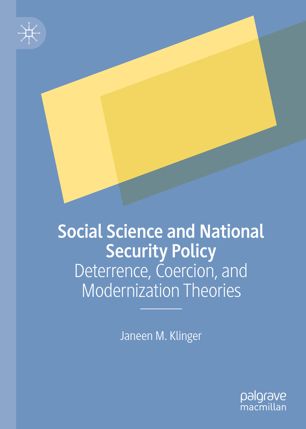

Most ebook files are in PDF format, so you can easily read them using various software such as Foxit Reader or directly on the Google Chrome browser.
Some ebook files are released by publishers in other formats such as .awz, .mobi, .epub, .fb2, etc. You may need to install specific software to read these formats on mobile/PC, such as Calibre.
Please read the tutorial at this link: https://ebookbell.com/faq
We offer FREE conversion to the popular formats you request; however, this may take some time. Therefore, right after payment, please email us, and we will try to provide the service as quickly as possible.
For some exceptional file formats or broken links (if any), please refrain from opening any disputes. Instead, email us first, and we will try to assist within a maximum of 6 hours.
EbookBell Team

4.1
10 reviewsThis book examines how deterrence, coercion and modernization theory has informed U.S. policy, addressing why former Defense Secretary Robert McNamara’s famous description of the Vietnam War as the “social scientist’s war” is so accurate. By tracing the evolution of ties between social scientists and the government beginning in World War I and continuing through the Second World War and the early Cold War, the narrative highlights the role of institutions like the RAND Corporation, the Social Science Research Council and MIT’s Center for International Studies that facilitate these ties while providing a home for the development of theory. The author compares and contrasts the ideas of Bernard Brodie, Herman Kahn, Albert Wohlstetter, Thomas Schelling, Gabriel Almond, Lucian Pye and Walt Rostow, among others, and offers a cautionary tale concerning the difficulties and problems encountered when applying social science theory to national security policy.